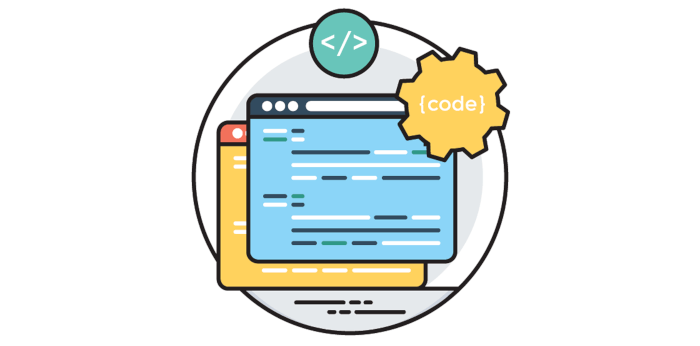Python Fire is a library for automatically generating command line interfaces (CLIs) from absolutely any Python object.
It’s called Fire because it fires off (executes) your command.
This is free and open source software.
Features include:
- Simple way to create a CLI in Python. Simply write the functionality you want exposed at the command line as a function / module / class, and then call Fire. With this addition of a single-line call to Fire, your CLI is ready to go.
- Helpful tool for developing and debugging Python code. If you simply call Fire in your library, then you can run all of it’s functionality from the command line without having to keep making changes to a main method.
- Exploring existing code or turning other people’s code into a CLI. You can take an existing module, maybe even one that you don’t have access to the source code for, and call Fire on it. This lets you easily see what functionality this code exposes, without you having to read through all the code.
- Makes transitioning between Bash and Python easier. Using Fire lets you call Python directly from Bash. So you can mix your Python functions with the unix tools you know and love, like grep, xargs, wc, etc.
- Makes using a Python REPL easier by setting up the REPL with the modules and variables you’ll need already imported and created. When you use the –interactive flag to enter an IPython REPL, it starts with variables and modules already defined for you. You don’t need to waste time importing the modules you care about or defining the variables you’re going to use, since Fire has already done so for you.
Website: github.com/google/python-fire
Support: Documentation
Developer: Google Inc.
License: Apache License, Version 2.0
Python Fire is written in Python. Learn Python with our recommended free books and free tutorials.
Return to Command-Line Python Application Development Tools
| Popular series | |
|---|---|
| The largest compilation of the best free and open source software in the universe. Each article is supplied with a legendary ratings chart helping you to make informed decisions. | |
| Hundreds of in-depth reviews offering our unbiased and expert opinion on software. We offer helpful and impartial information. | |
| The Big List of Active Linux Distros is a large compilation of actively developed Linux distributions. | |
| Replace proprietary software with open source alternatives: Google, Microsoft, Apple, Adobe, IBM, Autodesk, Oracle, Atlassian, Corel, Cisco, Intuit, SAS, Progress, Salesforce, and Citrix | |
| Awesome Free Linux Games Tools showcases a series of tools that making gaming on Linux a more pleasurable experience. This is a new series. | |
| Machine Learning explores practical applications of machine learning and deep learning from a Linux perspective. We've written reviews of more than 40 self-hosted apps. All are free and open source. | |
| New to Linux? Read our Linux for Starters series. We start right at the basics and teach you everything you need to know to get started with Linux. | |
| Alternatives to popular CLI tools showcases essential tools that are modern replacements for core Linux utilities. | |
| Essential Linux system tools focuses on small, indispensable utilities, useful for system administrators as well as regular users. | |
| Linux utilities to maximise your productivity. Small, indispensable tools, useful for anyone running a Linux machine. | |
| Surveys popular streaming services from a Linux perspective: Amazon Music Unlimited, Myuzi, Spotify, Deezer, Tidal. | |
| Saving Money with Linux looks at how you can reduce your energy bills running Linux. | |
| Home computers became commonplace in the 1980s. Emulate home computers including the Commodore 64, Amiga, Atari ST, ZX81, Amstrad CPC, and ZX Spectrum. | |
| Now and Then examines how promising open source software fared over the years. It can be a bumpy ride. | |
| Linux at Home looks at a range of home activities where Linux can play its part, making the most of our time at home, keeping active and engaged. | |
| Linux Candy reveals the lighter side of Linux. Have some fun and escape from the daily drudgery. | |
| Getting Started with Docker helps you master Docker, a set of platform as a service products that delivers software in packages called containers. | |
| Best Free Android Apps. We showcase free Android apps that are definitely worth downloading. There's a strict eligibility criteria for inclusion in this series. | |
| These best free books accelerate your learning of every programming language. Learn a new language today! | |
| These free tutorials offer the perfect tonic to our free programming books series. | |
| Linux Around The World showcases usergroups that are relevant to Linux enthusiasts. Great ways to meet up with fellow enthusiasts. | |
| Stars and Stripes is an occasional series looking at the impact of Linux in the USA. | |
